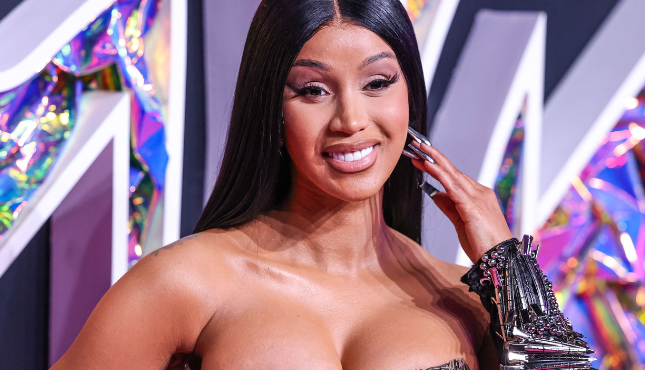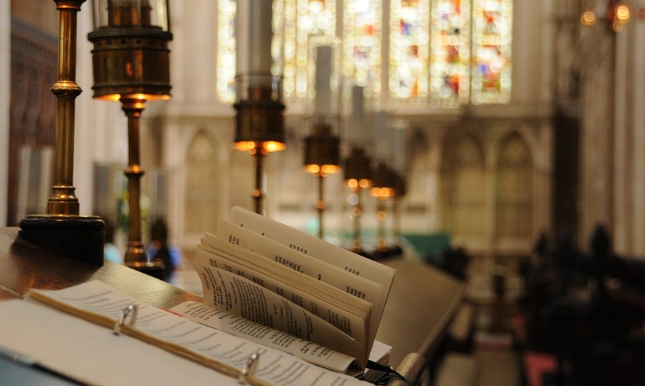
The singer-songwriter discusses the significance of Pride, the struggle for acceptance in the music industry, and her journey as a trans woman with East Asian heritage.
Ms Erskine-Chang, a talented musician and artist, is using her craft to shed light on the communities she is part of, hoping to foster understanding and connection. Through her music, she aims to invite people to engage with her identity, especially those who may not share her experiences as a trans, mixed-race, or East Asian individual.
“I feel like if I am going to talk about my identity in my music and be open about it, I hope that what it does is encourage people who aren’t trans or aren’t mixed race or aren’t East Asian or aren’t Chinese to engage with my art and the work that I do and understand more about the communities that I’m a part of,” she explained.
On Pride Month: A Call for Greater Transgender Visibility
While Ms Erskine-Chang recognises the importance of Pride Month, she feels that transgender individuals are often overlooked during the celebrations.
“As a trans woman, Pride Month isn’t really for people like me. We sort of exist on the margins of the LGBTQ community,” she said. She emphasises that while Pride holds significance, it is the pride of trans individuals that she feels deserves more recognition.
“I think Pride represents something very important. But what I will say is trans pride is the real pride.”
Additionally, Ms Erskine-Chang urges people to remember the origins of Pride Month, which began as a protest in the wake of the 1969 Stonewall Riots in New York.
“Pride was always supposed to be a protest,” she stated. “That should be at the forefront of what we do during Pride.”
Navigating the Music Industry as a Trans Woman
In the music industry, Ms Erskine-Chang reflects on the challenges of being a trans woman trying to break into mainstream pop. Despite her music being appreciated by audiences, she believes there is a reluctance to fully embrace her presence in the industry.
“In order to get accepted into certain groups or certain spaces, I have to work five or 10 times as hard just to get my foot in the door, and I still feel like my place in those spaces is very precarious,” she said. “I feel like people like our stuff, but don’t necessarily want to see us.”
She is committed to changing that dynamic. “That’s why I’m quite adamant about having my voice and my face be in everything, as I think that kind of representation is important.”
The ‘Coming Out’ Narrative and Her Experience as a Trans Woman
For Ms Erskine-Chang, the concept of “coming out” is somewhat irrelevant. She views her experience as a trans woman as a gradual journey, and feels that her East Asian heritage adds an extra layer of complexity to her transition.
“There’s a lot of obsession around the whole coming out narrative,” she said. “We’re born queer, so whether I ‘came out’ or not is irrelevant to the fact that I’ve experienced being a trans woman my whole life.”
The musician also revealed that her reluctance to publicly embrace her trans identity stemmed from concerns about reinforcing harmful stereotypes, especially the “ladyboy” stereotype, which is often used derogatorily to describe transgender women from East Asia.
“I think the biggest thing that kept me from coming out and kept me in the closet was if I transitioned or if I was visibly trans and femme presenting, it would be giving in to the ladyboy stereotype,” she admitted.
In her journey, Ms Erskine-Chang continues to push for greater visibility, acceptance, and understanding, both for herself and for the broader trans community.










